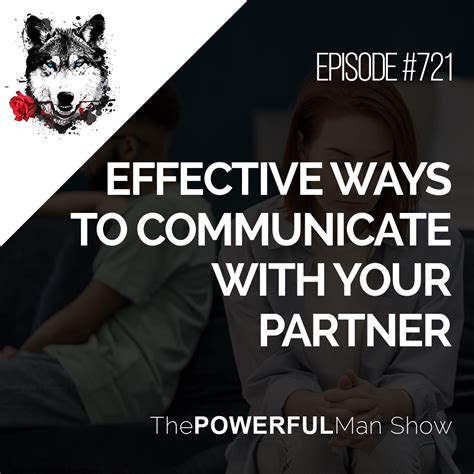The Unspoken Code: Men and Emotional Expression
For generations, men have been implicitly and explicitly taught to embody strength, self-reliance, and emotional restraint. This cultural conditioning, often termed ‘traditional masculinity,’ significantly shapes how men perceive, process, and ultimately express their emotional needs or seek support from those closest to them. While this stoic ideal has historical roots, it frequently creates a complex internal landscape for men trying to navigate the deeply personal and vulnerable terrain of their closest friendships and romantic partnerships.
Societal Expectations and the Burden of Silence
The prevailing narrative often discourages men from exhibiting vulnerability, framing it as a weakness rather than a fundamental aspect of human connection. From a young age, boys may be told to ‘man up’ or not to cry, reinforcing the idea that emotional expression, particularly those associated with sadness, fear, or need, is unmanly. This societal pressure can manifest as a deep-seated fear of judgment or rejection, making it incredibly difficult for men to open up, even to trusted friends or partners.

Navigating Friendships: The Indirect Approach
Within male friendships, emotional support often manifests differently than in female friendships. Direct verbalization of feelings might be less common. Instead, support can be shown through shared activities, problem-solving discussions, or ‘shoulder-to-shoulder’ camaraderie rather than ‘face-to-face’ emotional disclosure. Men might confide in friends by discussing external problems (e.g., work stress, financial issues) as a proxy for deeper emotional distress, hoping their friends will read between the lines or offer practical solutions that indirectly address their emotional need.
While this indirect approach can offer a sense of solidarity and practical help, it sometimes leaves core emotional needs unaddressed. True vulnerability often requires breaking through this unspoken barrier, which many men find challenging due to the fear of appearing weak or burdensome to their friends.
Romantic Partnerships: A Space for Deeper Connection?
Romantic partnerships often present men with their most significant opportunity, and sometimes their most significant challenge, for emotional expression. The intimacy of a romantic relationship typically creates an expectation for deeper emotional sharing. However, the same societal pressures that limit expression in friendships can persist, amplified by the fear of disappointing a partner or being perceived as less capable.

Many men may struggle with identifying their own emotional needs, let alone articulating them. They might resort to withdrawal, anger, or passive aggression when feeling overwhelmed or unsupported, rather than directly communicating their feelings. Conversely, a receptive and empathetic partner can significantly facilitate a man’s ability to open up, creating a safe space where vulnerability is met with understanding rather than judgment.
Strategies for Healthier Expression and Support-Seeking
Encouraging men to express their emotional needs and seek support is crucial for their mental health and the health of their relationships. Here are some common strategies and pathways:
- Practice Incremental Vulnerability: Start with small, manageable disclosures to trusted individuals and gradually build up to deeper sharing as comfort grows.
- Use ‘I’ Statements: Focusing on personal feelings rather than accusations can make communication less confrontational and more productive (e.g., “I feel overwhelmed” instead of “You make me feel stressed”).
- Seek Active Listeners: Identifying friends or partners who are good listeners and offer empathy without immediate judgment or attempts to “fix” things can be transformative.
- Engage in Shared Activities: For some men, deeper conversations emerge more naturally during shared activities like hiking, working on a project, or driving, where direct eye contact isn’t constant.
- Professional Support: Therapy or counseling provides a neutral, confidential space for men to explore their emotions, develop coping mechanisms, and learn effective communication skills without fear of judgment.

The Benefits of Breaking the Silence
When men successfully navigate the challenges of emotional expression and support-seeking, the benefits are profound. It leads to stronger, more authentic friendships and romantic partnerships built on trust and mutual understanding. It also significantly contributes to better mental health, reducing feelings of isolation, anxiety, and depression. Breaking the silence allows men to live more fully, authentically, and in deeper connection with themselves and those they cherish.
Conclusion
Navigating emotional expression and support-seeking is a complex journey for many men, shaped by deep-seated societal norms. While traditional masculinity often presents barriers, there is a growing recognition of the importance of emotional literacy for men’s well-being and relational success. Fostering environments that normalize vulnerability, encourage empathetic listening, and provide healthy outlets for expression will enable men to build more robust, more fulfilling connections and lead healthier, more integrated lives.





